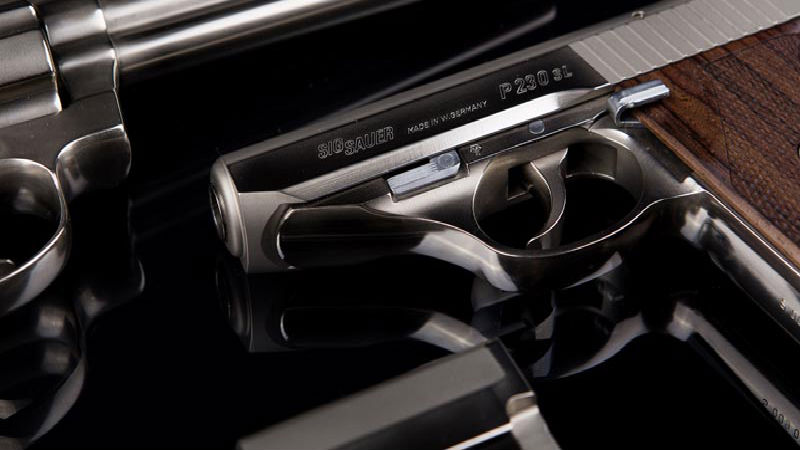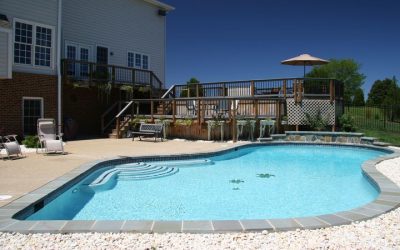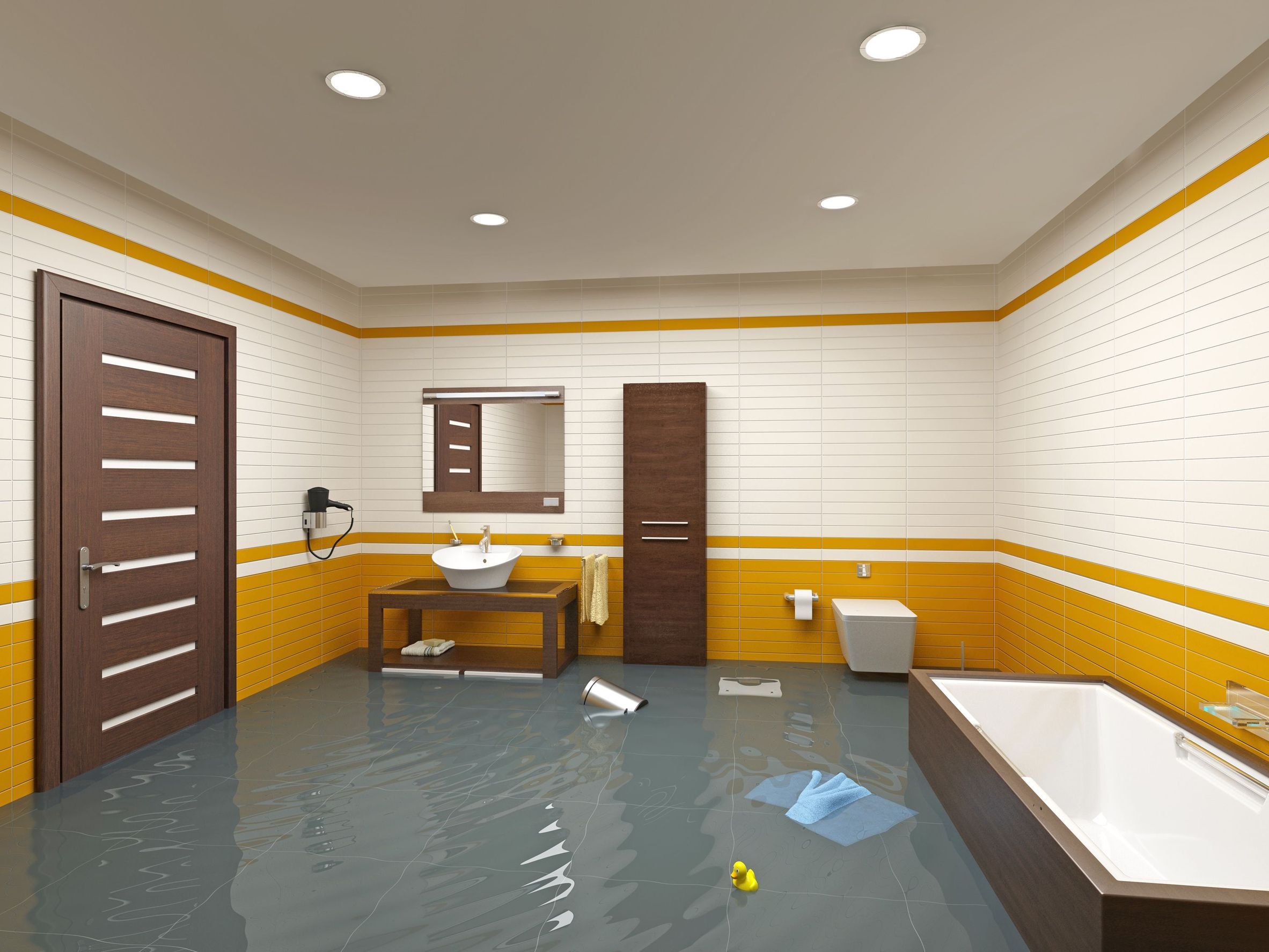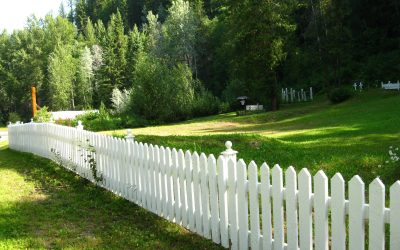Anti-rust coating – also known as anti- corrosion coating, is described as a specialized kind of coating. Its intent is to protect various surfaces against the incursion and damage called by the exposure to various deleterious elements in the environment. According to national statistics performed by entities such as National Association of Corrosion Engineers International Institute (NACEII), corrosion has an annual hefty price tag. Fortunately, it is being offset by the efforts of many companies to protect the exposed surfaces through anti-corrosive treatments.
What Are the Major Causes of Degradation, including Rust?
Buildings, walls, pylons and other outdoor structures and support devices are faced with the harsh negative effects created by the environment they are placed in. Indoors, many structural elements also suffer. The same can be said of components of various structures and products. These parts are partially exposed to certain elements that can seriously impact their performance in- or outdoors. They are faced with degradation from:
* Moisture
* Oxidation
* Chemicals
* Bases
The only protection is the application of some form of anti-rust coating.
What Metals Require Anti-Rust Coating?
Whether the anti-rust coating is semi or completely permanent, metals do require protection if they are to be used for fear of an increased incidence of rust. While some metals are naturally anti-corrosive, others are not or are only mildly so. Applying an anti-rust coating creates protection for some metals while, for others, it enhances their natural qualities.
Metallic parts are frequently treated with an anti-corrosion coating. Among the most common metals to receive this type of anti-rust protective measure are:
* Ferrous metals
* Aluminum alloy
* Copper based alloys
* Various non-ferrous materials
In the application of the anti-rust coating, each will generally require a different approach to the type and method of protective coating. Complicating the matter will also be other factors such as what part it is, what role it will play and whether the metal is integrated into other materials including rubber and/or plastic.
Different Uses and Applications for an Anti-Rusting Coating
Various companies make an anti-rust coating an integral part of the metal finishing process. They may opt for the most permanent plating or other methods such as a fluoropolymer or powder coating. Products that receive anti-corrosion treatments include:
* Agricultural components and machinery
* Automotive parts and sub-components
* Alloy strips and sections
* Aluminum strips and sections
* Construction equipment
* Electrical parts and assemblies Fasteners – This includes a vast number of items including bolts, rivets, screws and nuts
* Machined parts and components
* Machinery parts
* Metal tanks, valves and lines
* Steel and coated steel strips
* Steel profiles, sections and tubes
* Tools and machine tools
* Vehicles
The automotive, aerospace, construction and marine industry make up a large percentage of the anti-rust coating market.
Anti-Rust Coating
National statistics indicates that the rusting of metal objects can constitute a threat to the safety of the population. Corrosion, if allowed to continue, poses a heavy financial cost as well. This is an extensive and expensive problem that can be addressed and reduced right away. The answer is a simple one: treating the exposed and vulnerable surfaces with an anti-rust coating.









